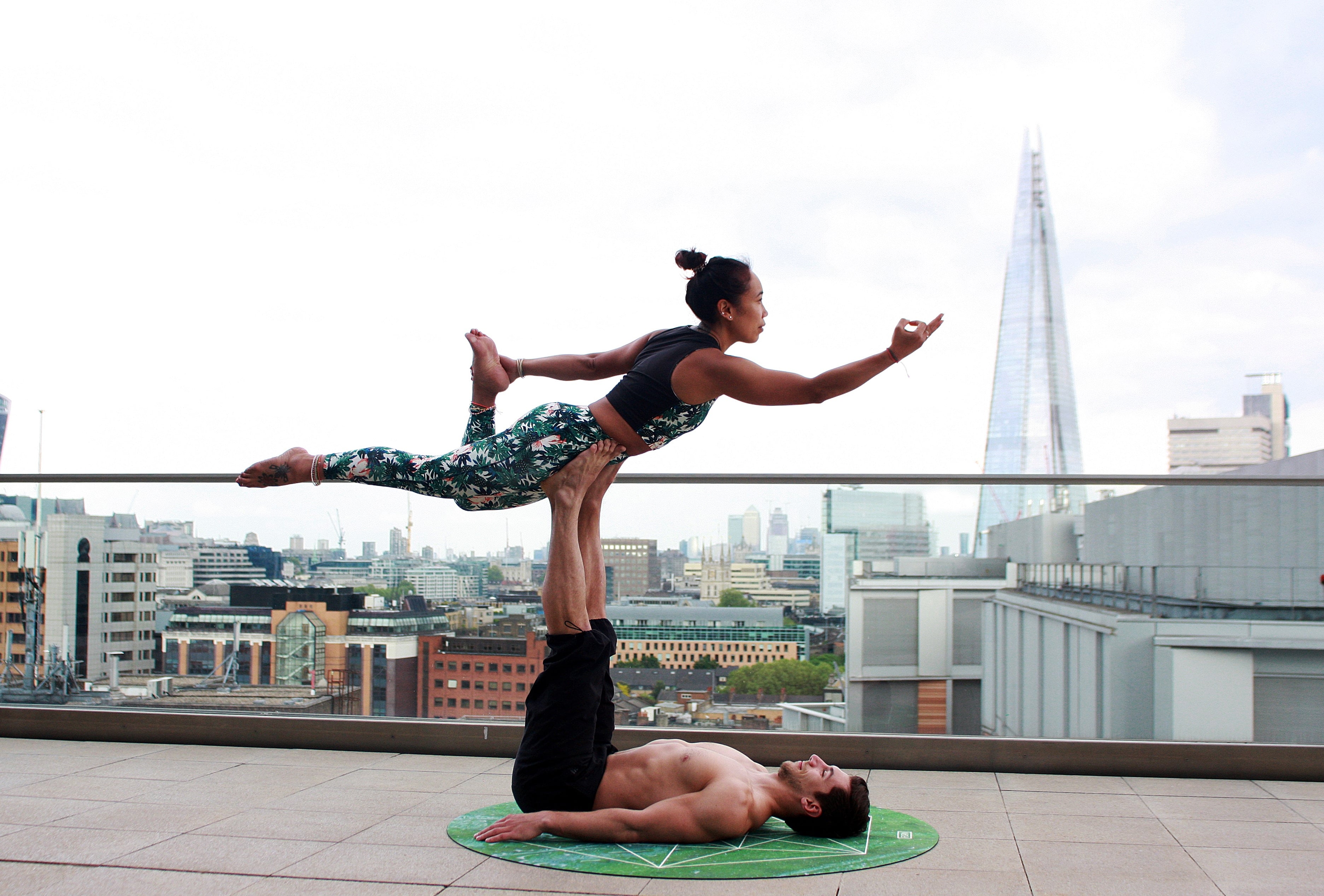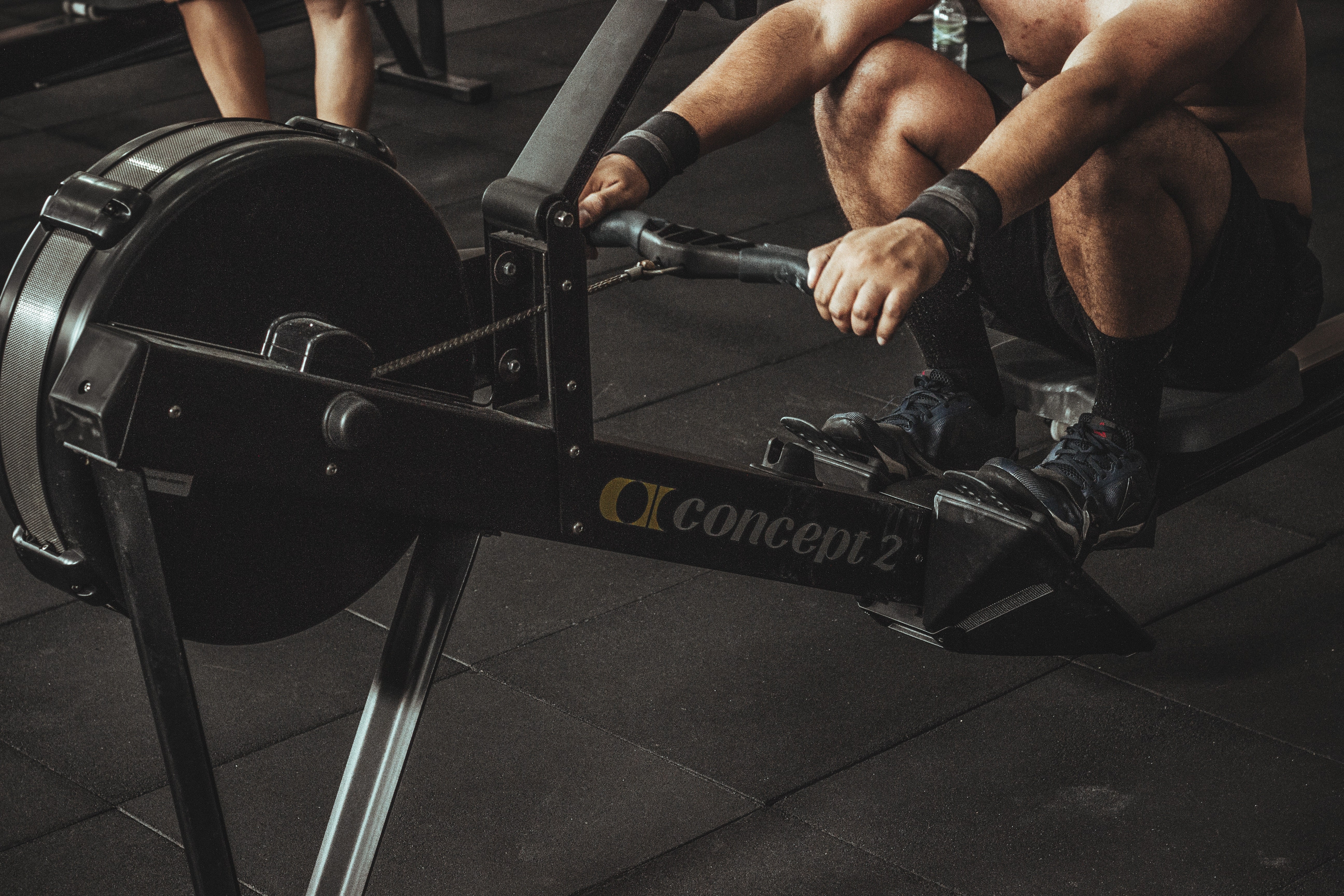We all know, or have heard, that exercise is great for mental health. Often Doctors will recommend taking up walking or running to get out in the fresh air and get some sunshine – both are great for boosting your mood.
I want to talk about gym based exercises and how they help improve your mental health.
High intensity exercise
These type of workouts require you to push yourself, almost to your maximum, within a set time period – giving it everything you’ve got until the time is up.
This is brutal when done correctly and I must confess that the only time I fully enjoy this type of training is when I’m teaching others. The rest of the time I’m gritting my teeth and swearing under my breath like everyone else.
When it’s over though? The feeling of getting through that interval and still being able to breathe at the end is addictive and, for me, something to remember whenever I have periods of anxiety.
Mental health take away:
Interval training is hard.
Life is hard.
Anxiety is even harder.
BUT if I can physically push my body to it’s limits and recover I have the resilience and strength to do that with my mental health and so do you.

Lifting weights
Nothing makes me feel as badass as I do when I lift something heavy. It’s a feeling I see in my clients as well.
People come to sessions tired, stressed maybe a little low and after an hour of moving heavy weights they leave knowing that they can do anything.
It’s never too late to come to the party when it comes to resistance training. Woman particularly have been put off this type of training for far too long – thankfully that is changing.
When you do a heavy deadlift or bench press and you feel that your muscles are struggling yet you complete the rep you’re proving to yourself that you can do anything.
Mental health takeaway:
Yes, it’s hard
Yes, it’s tough
And I won’t dispute that but there’s no proof that you can’t do this…we’ve both been here before, right?
Even when it feels like it’s impossible – keep going.

Yoga/Mindfulness exercise
As useful as high intensity and resistance workouts can be, sometimes what we need is a little downtime.
If you work hard all week, don’t get enough sleep and then go hard in the gym regularly this just adds to the stress that builds up and might actually be causing anxiety, stress and depression.
The answer is to slow things down and take it a bit easier.
Any workout that allows you to focus on your breathing and the position of your body can improve that mind-body connection that is so important for good mental health.
It’s also easy to see your progress in classes like this, you’ll notice improvements in your flexibility, strength and endurance not to mention improvements in posture, breathing and your ability to relax (even if it’s just for an hour in the class)
Mental health takeaway:
Running on full power all the time is exhausting.
Take time to relax, in the gym and in your mind.

What about when you just can’t do it?
With these workouts there will be times where you have to stop for breath, when you physically cannot complete that last rep, where your balance goes and you can’t hold the position.
Times when you fail.
With exercise there’s always room to “fail” – this is what happens when you’re training.
Eventually though, you get stronger and what was once impossible becomes doable.
Mental health takeaway:
When you feel that you can’t do it anymore it’s debilitating and honestly, all the exercise in the world will do no good when you can’t get off the sofa.
And that’s ok. Maybe today isn’t your day.
Take the time to be kind to yourself.
Take any small step you need to to make it a little bit easier.
Tomorrow is a new day, try again.
One final note:
This post is as much of a guide to how I’ve improved my own mental health as it is suggestions on how it could help you.
However, let’s be clear, exercise is not a substitute for proper medical care. If you are struggling and it’s going to take more than a workout at the gym, reach out to someone who can actually help you.
Ainzlie








